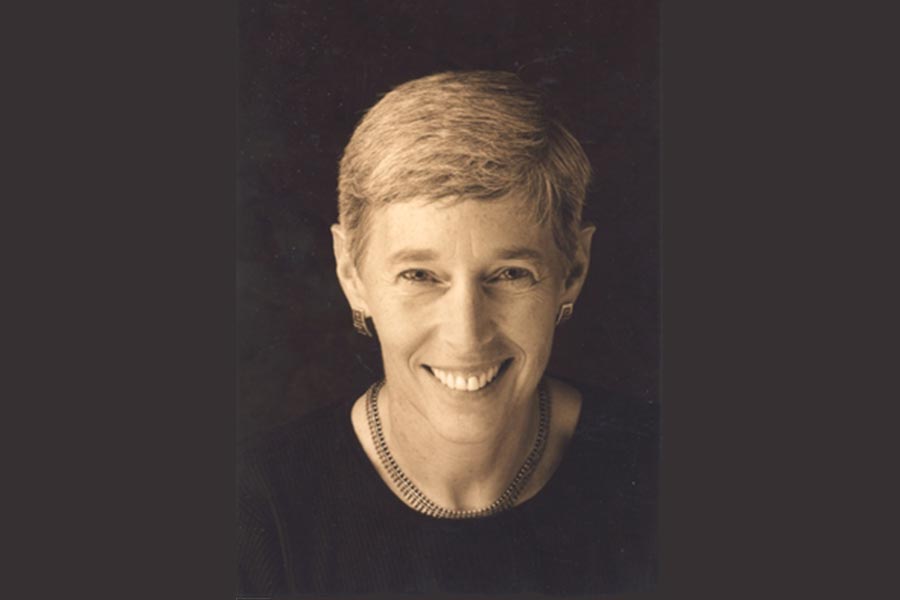Rabbi Sue Levi Elwell has amassed a long list of accomplishments since her 1986 ordination, including founding the American Jewish Congress Feminist Center in Los Angeles, editing and writing several books and serving as rabbi at numerous synagogues.
These days, Elwell, 67, has started her own spiritual-direction practice and maintains a scholar-in-residence at Washington Hebrew Congregation in Washington, D.C. She also remains active in the Philadelphia LGBT community with her wife, Nurit Shein, Mazzoni Center executive director.
While her primary residence is in Philadelphia, Elwell lives in D.C. in the fall, guiding the clergy team at Washington Hebrew. This is her second year as scholar-in-residence.
Apart from that work, Elwell’s spiritual-direction practice guides individuals and families.
“This is an emerging practice in the Jewish community,” Elwell said. “But it is something that is very well established among Catholics. We are rediscovering it as something very inviting and a wonderful path to deep spiritual lives.”
Apart from those ventures, Elwell said she’s eager to officiate more weddings.
“I was part of a wedding last weekend under the Brooklyn Bridge, and this weekend I’m marrying two women who have been together for nearly 30 years. I love it,” Elwell said, noting the first legal same-sex wedding she presided at was in Iowa — “of all places,” she laughed — on July 4, 2010.
In the nearly 30 years since Elwell was ordained, she said she has witnessed the Reform Judaism movement maintain its progressive stance on LGBT acceptance.
“The Reform Movement has very much been accepting of LGBT civil rights. They have always been progressive in this manner,” Elwell said. “For the last 25 years, we have really been able to stand up and welcome gay folks. I would hope that gay Jews now have several decades of folks who have been out and proud and welcoming to look up to.”
While the Reform Movement may be the most progressive among the Jewish movements, they are not alone, she noted.
“We are living in a time when the labels that differentiate different sects matter less,” she said. “I belong to three synagogues. We are in essence all doing the same work.”
However, Elwell acknowledged that homophobia, both outward and internalized, still very much exists.
“Please come out. We want to welcome you. We have a lot of work to do together,” Elwell said to LGBT people struggling with their faith. “There is a prayer we say every day thanking God for creating us as we are, and no one should be ashamed. We are all created in God’s image.”
